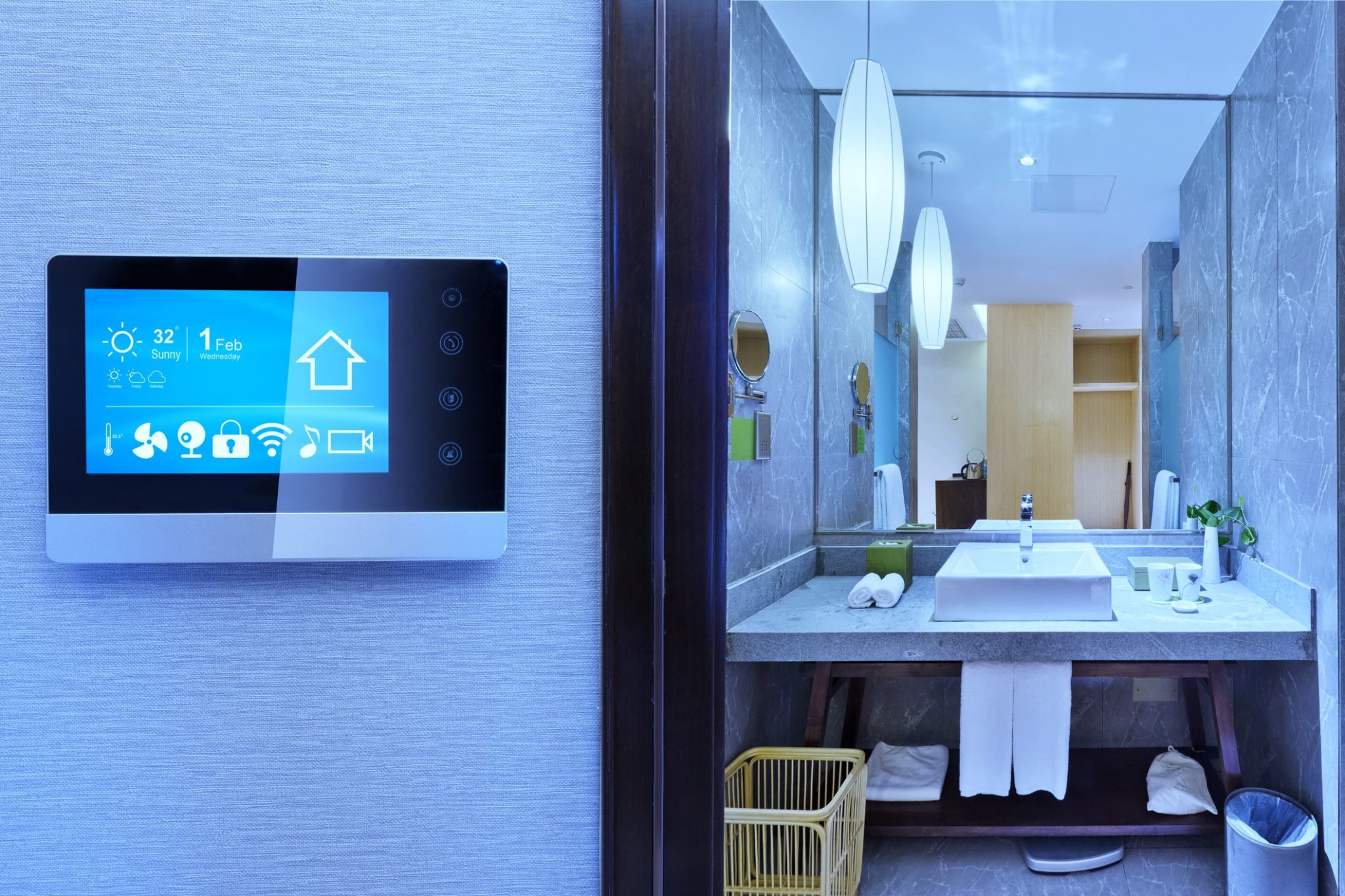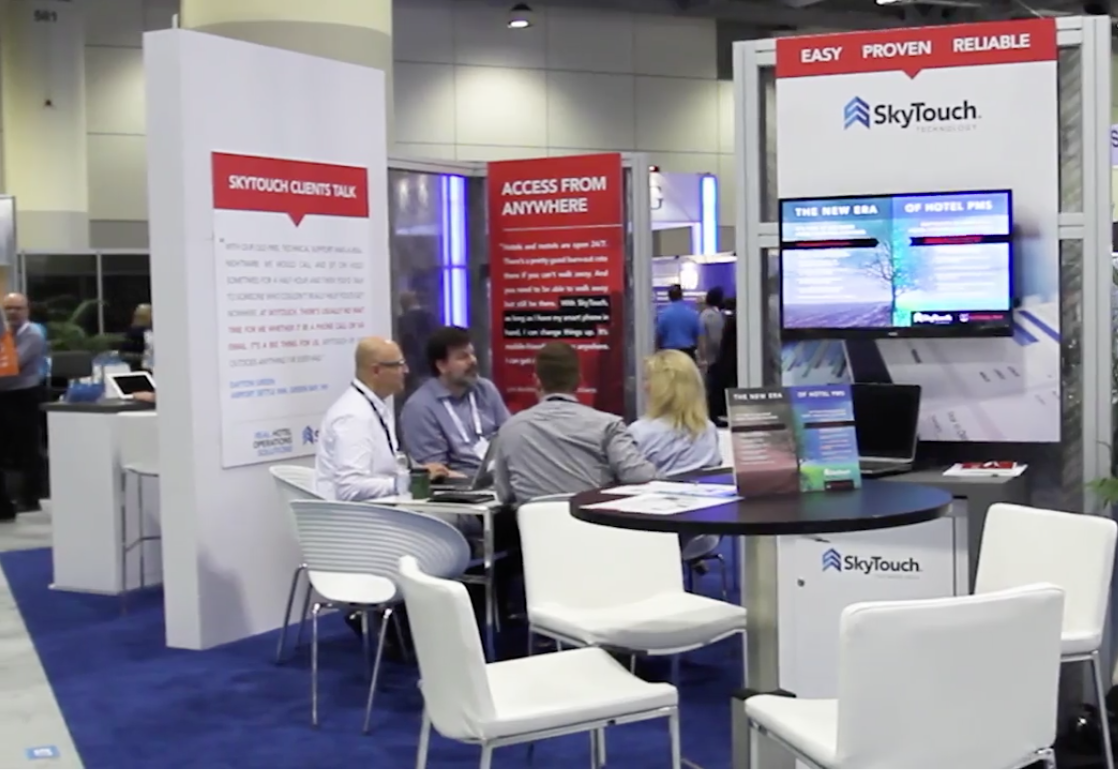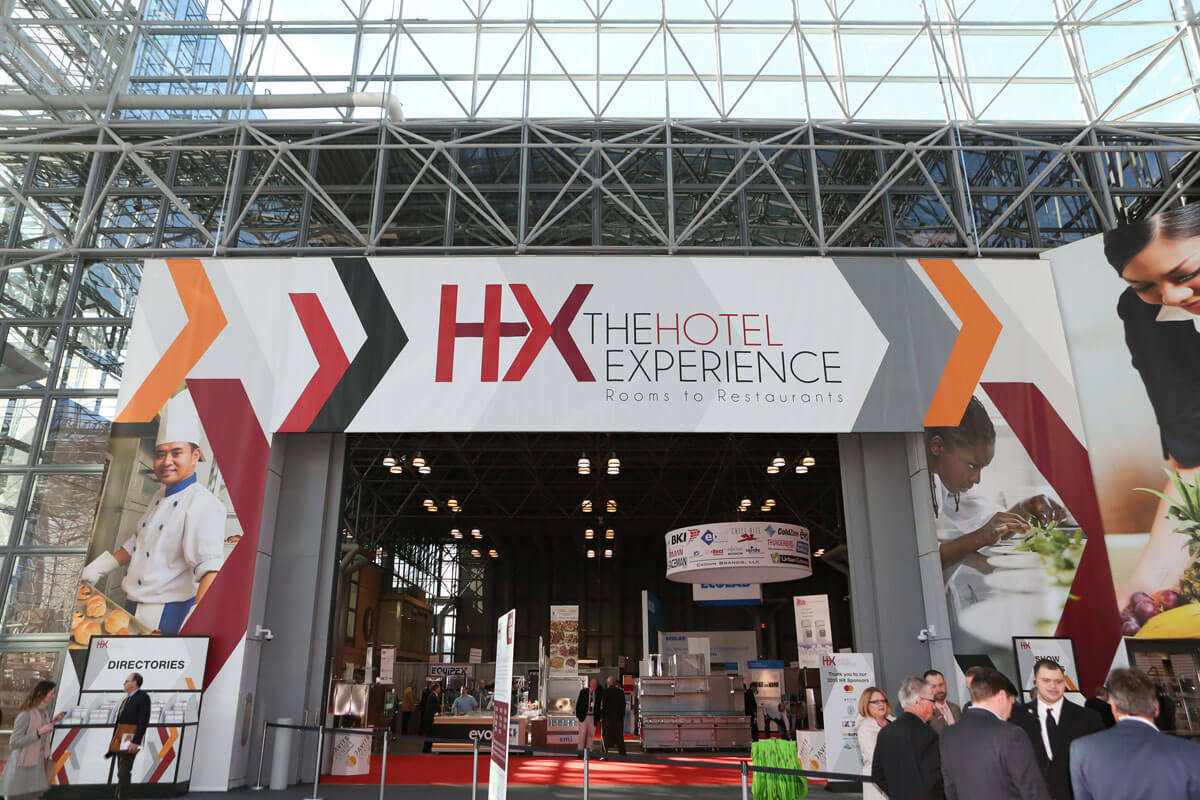Last week, the hospitality industry came together for the the largest hotel related financial conference in the United States. This year, an astounding 3,000 people attended the Americas Lodging Investment Summit, commonly known as ALIS. It was a record-breaking event, beating the previous record, which was ominously set as the Great Recession descended upon America.
The annual event is a chance for industry insiders to not only learn critical trends and the expected financial direction in which the hospitality business is headed in for the coming year, but typically a rich opportunity for deal making. While we cannot directly speak to the deals made in the hallways and meeting rooms, we do have the scoop on the most important insight you need to know about the state of the U.S. hotel business at the top of 2017.
In that spirit, we collected the top issues for you to leverage in your business.
RevPAR Slowdown
While 2017 is likely to be a profitable year, the fundamentals are not as strong as in 2016. There are signs the state of the industry may be starting to head in the wrong direction. But, after the longest upswing in history, it shouldn’t be too surprising. According to Jan Frietag, Senior Vice President of Lodging Insights at STR Global, “RevPAR will grow this year, but it’ll be slower than previous years.”
STR Global says RevPAR grew 3.2 percent in 2016 but will likely increase at a more anemic pace at roughly 2.5 percent in 2017 and 2.6 percent in 2018. Plus, occupancy will falter as more supply enters the market. “It is not great, or bad, just OK,” says Frietag.
One way to try to combat weakening RevPAR growth is by investing in hospitality software which helps with rate management, such as the SkyTouch Hotel OS®.
The product utilizes an automated platform, and best of rate strategy, to make maximizing rate gains a streamlined and simpler process than when compared to systems working independently from the internet.
Occupancy waning
Mark Woodworth, President of PKF Hospitality Research, a CBRE company, said that this year hotel supply is expected to outstrip demand. “This is the first time we are seeing this during the upcycle,” he says, noting that 2016 was a year when hotel occupancy was at its highest level ever.
Plus, according to Lodging Econometrics, which has data on every hotel construction and renovation project globally, there are nearly two million rooms in the Global Construction Pipeline. Since last year, the pipeline has jumped 6 percent by projects and 4 percent by rooms Year-Over-Year (YOY), per the company’s recent Global Construction Pipeline Trend Report. So expect new supply in many markets, a very real threat to both occupancy and potential pricing power.
Fortunately, when used the right way, a cloud based property management system such as the SkyTouch Hotel OS® has features allowing for wider distribution. The more places in which a hotel is visible on the internet, the more likely it will have a higher occupancy.
Emerging Technology
The morning the ALIS conference began, much attention was on technologies changing the way hotel operators conduct business. Robots that deliver goods to rooms, virtual reality, and mobile technologies are now all in play, said industry experts attending ALIS.
Technology also allows hoteliers to know more than ever about its guests. “We’re always toeing the line between helpful and creepy. You need to keep that trust, and to do that you need to talk to guests about what you’re doing and the value guests will receive,” said Bill Ramsey, senior director of mobile and emerging channels for Choice Hotels International. He shared his vision on how guests will share more personal information if they understand how it will benefit their overall experience.
It’s why a product like the SkyTouch Hotel OS® has a feature allowing hoteliers to gather actionable insight on customers. During guest interactions, preferences can be captured such as the guest’s favorite type of soft drink, or if a person requires extra shampoo each time they stay. By getting to know customer preferences, it makes it easier for them to connect emotionally to the property. That increases loyalty and the opportunity to earn more from those individuals on their next stay.
With the right cloud based property management system as your property’s brain, hoteliers can more effectively compete in an ever in flux industry.





